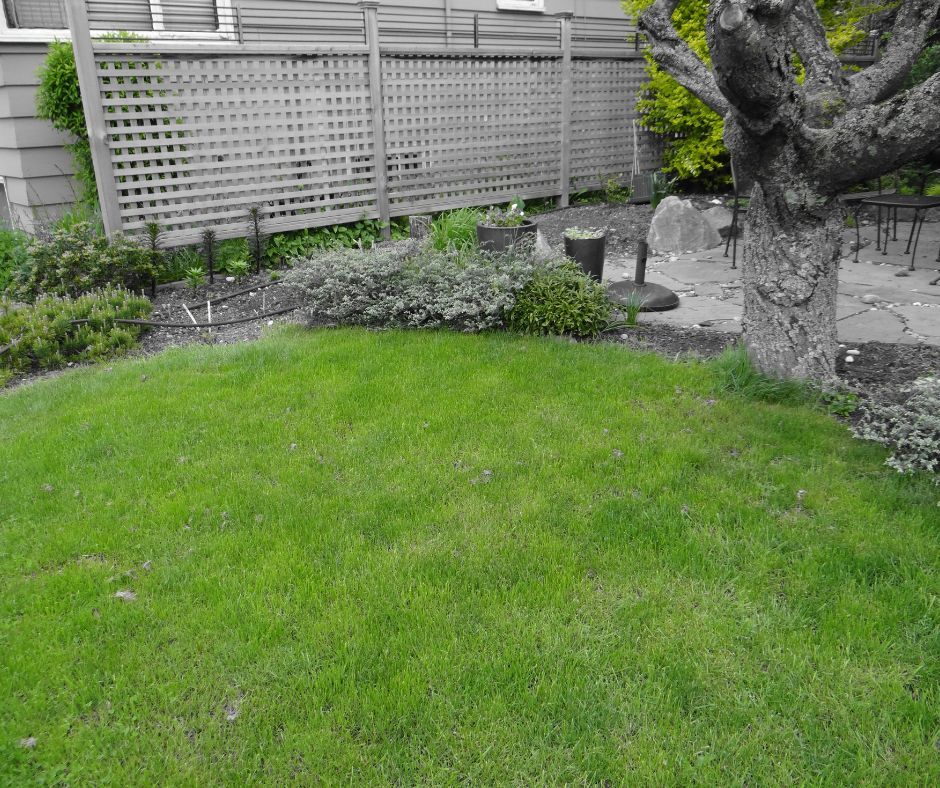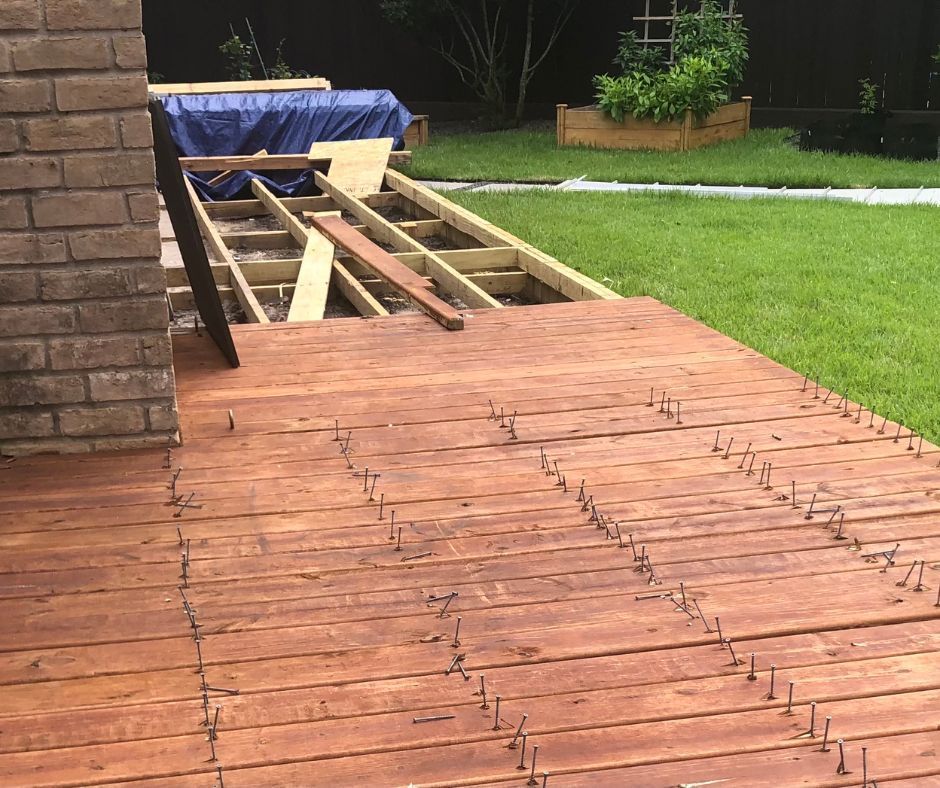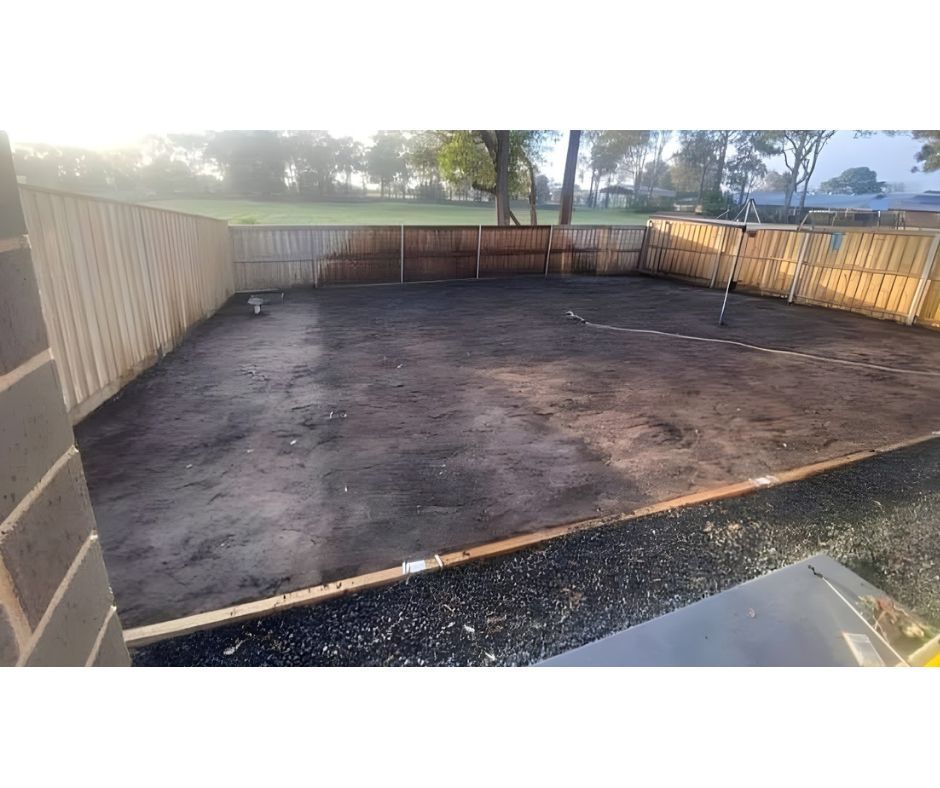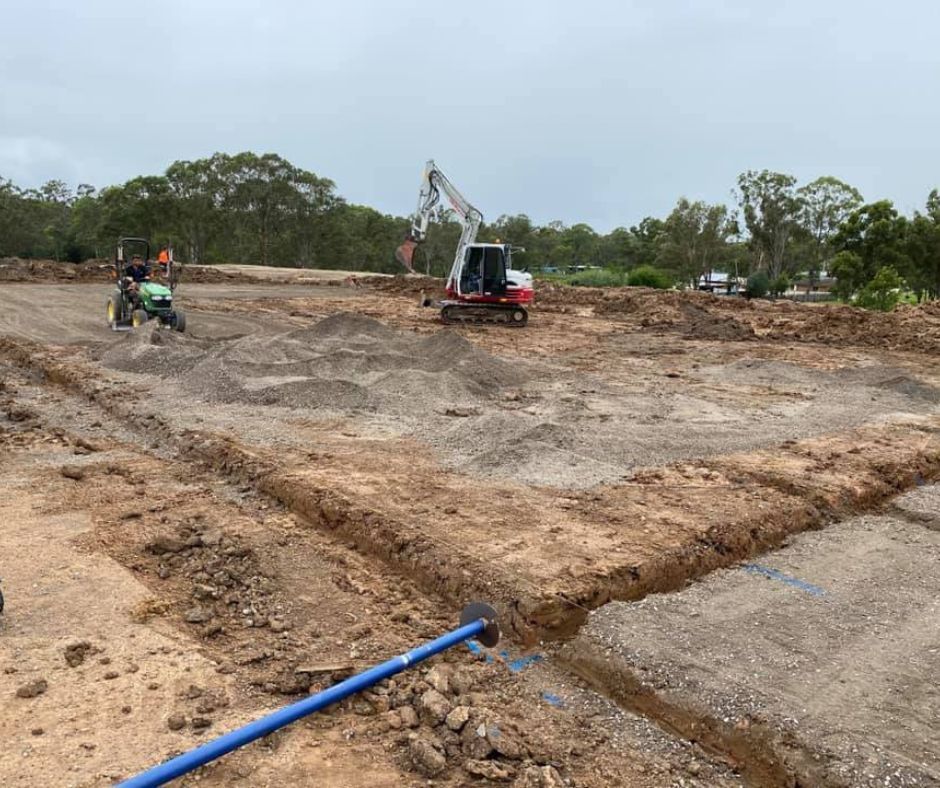Can You Fertilise the Lawn in Winter? Know the Answer Here!
Winter often slows lawn growth, leaving many homeowners asking, should you fertilise a lawn in winter? While the grass may not look active above the surface, it is still alive underground and preparing for spring.
Maintaining your lawn through the colder months ensures it stays healthy and resilient all year round. With the right fertiliser and timing, you can give it the support it needs to survive the chill and thrive once the weather warms.
Can You Fertilise Your Lawn in Winter or the Colder Months?
Yes, you can fertilise your lawn in winter, but the goal isn’t to make it lush overnight. Winter lawn fertiliser is about supporting survival and resilience through the colder months.
The approach depends on your lawn type and climate. Warm-season grasses slow right down in cold regions, while lawns in milder climates may still benefit from careful feeding.
Should You Fertilise Lawns in Winter?
Winter calls for nutrients that strengthen, not overstimulate. Potassium builds stronger roots and helps the lawn handle stress. Iron adds colour and supports grass during dormancy.
Can you fertilise the lawn in winter? Yes, but only with the right product. Slow-release or low-nitrogen fertilisers are best, while high-nitrogen options should be avoided because they force unnecessary leaf growth when the plant’s energy should be in its roots.

Which Fertiliser Should I Use in the Colder Season?
Not all fertilisers are created equal, especially in winter. The right winter lawn fertiliser focuses on strengthening roots and keeping your lawn healthy while growth slows.
Potassium
It is essential for building stronger roots and improving stress resistance. It helps grass cope with frost, dry spells and foot traffic during the colder months.
Iron
Iron plays a different role. It boosts colour and supports photosynthesis, helping your lawn stay greener even while dormant.
A slow-release or low-nitrogen fertiliser
It’s the best choice for winter, while high-nitrogen products should be avoided because they trigger excess leaf growth instead of allowing the plant to store energy in its roots.
Benefits of Winter Lawn Fertilising
So, can you fertilise the lawn in winter? It’s not about forcing growth but about building strength beneath the surface, and when done right, it sets your lawn up for a healthier, greener season ahead.
Enhanced Root Development
Potassium-rich fertiliser encourages stronger root systems. Deep roots improve resilience and support long-term lawn health.
Improved Colour
Iron helps grass hold a greener shade during dormancy. Even in winter, your lawn avoids that dull, washed-out look.
Early Spring Green-Up
Nutrients applied in winter carry through to spring. This helps your lawn recover more quickly when temperatures rise.
Resistance to Frost
Potassium boosts the lawn’s natural defences. It tolerates cold snaps better and recovers more quickly from frost.
Better Moisture Retention
Winter feeding helps grass retain water in its root zone. This prevents drying out during frosty or windy conditions.
Reduced Weeds Come Spring
A well-fed lawn is more competitive against weeds. By spring, there’s less space for invaders to take hold.
Protection from Winter Diseases
Healthy roots resist common fungal issues. Stronger plants are less vulnerable to lawn disease in cold, damp weather.
Supports a Consistent Lawn Care Routine
Winter fertilising keeps your lawn care plan on track. Regular maintenance prevents setbacks and supports year-round growth.
Best Practices for Winter Lawn Fertiliser
Winter fertilising is most effective when applied with the right care and timing. Follow these simple practices to get results without waste.
Fertilise Before Coldest Months
Apply fertiliser in early winter so the lawn absorbs nutrients before growth slows. Waiting too long reduces effectiveness.
Use a Winter-Grade Fertiliser
Choose a product labelled for winter use. These blends focus on potassium and iron rather than heavy nitrogen.
Avoid Over-Fertilising
More isn’t better in cold weather. Excess fertiliser can stress the lawn and leach into the soil.
Water It In
If no rain is expected, give your lawn a light watering after applying. This helps nutrients move into the root zone.
Check Soil Moisture
Skip fertilising if the soil is frozen or waterlogged. The lawn won’t absorb nutrients properly in these conditions.
Know Your Lawn Type
Warm- and cool-season grasses have different needs, so choose the right fertiliser and know when to fertilise your lawn to get the best results.
Maintain Mowing Schedule
Mow less often, but don’t ignore it completely. Maintaining your lawn means keeping grass at the right height to reduce stress and lower the risk of disease.
Stick to a Lawn Care Plan
Fertilising works best as part of a bigger routine. Combine it with aeration, weed control and seasonal mowing for stronger results.
Get in Touch with MRN Excavations for Professional Lawn Services
A healthy lawn needs care across all seasons. Should you fertilise the lawn in winter? Yes, because it helps turf stay strong through the colder months and bounce back quickly when the weather warms.
MRN Excavations makes lawn maintenance simple. We handle lawn preparation, installation and landscaping with solutions suited to every soil type and turf variety. From small yards to large properties, we deliver results that last.
With local expertise across Sydney, Campbelltown and Wollongong, we provide services in excavation, screw piers and lawn landscaping. Whether starting fresh or maintaining turf, we offer the right solutions to keep your lawn thriving year-round. Let’s get started!



